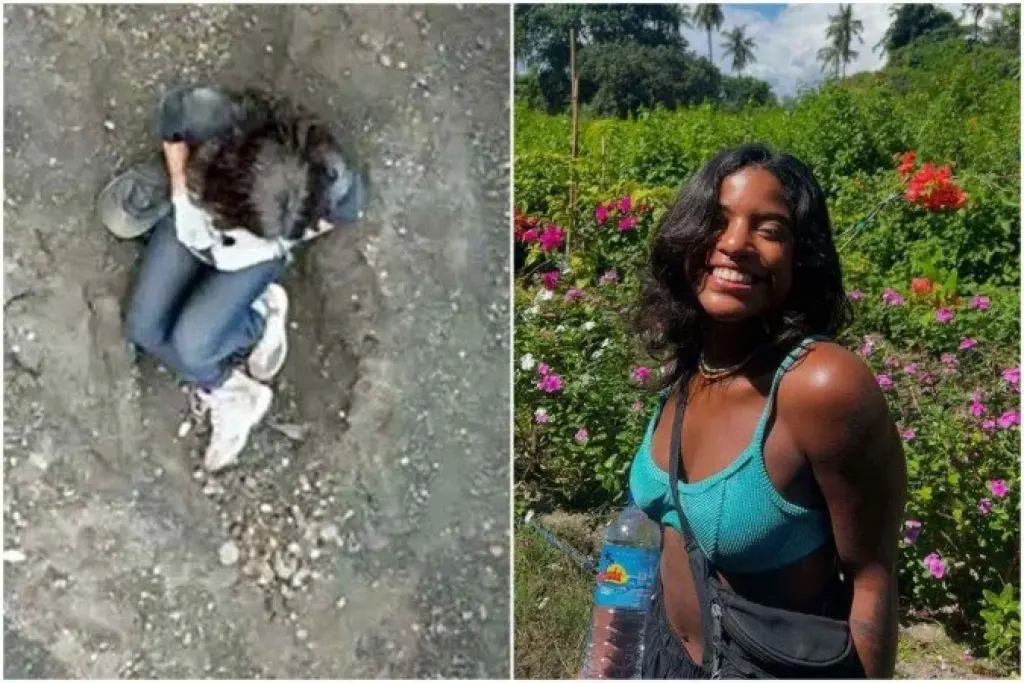The recent death of a Brazilian tourist while hiking a volcano in Indonesia has sparked a wave of commotion on social media and reignited the debate about the risks of traveling to remote regions, especially for women traveling alone. The incident, which occurred on one of the most isolated islands in the Indonesian archipelago, has led to criticism of the Ministry of Foreign Affairs and discussions about the responsibility of local guides and regional culture.
In a statement published on social media, digital nomad Ryan Santos, who has lived in Indonesia and is known for approaching topics such as geopolitics and international security from a critical perspective, analyzed the episode based on his personal experience. The story went viral as it mixed cultural, religious and social reflections with the harsh reality faced by tourists who venture into hard-to-reach places.
Tourism in sacred areas: between the mystical and the neglected
Santos highlights that many Balinese and animist communities believe that volcanoes are the homes of spirits. In these beliefs, natural tragedies or accidents can be interpreted as "the call of the mountain" – involuntary offerings to local gods. "The locals themselves report this, it is not an urban legend", he comments, citing sources such as Hindustan Times and Euronews.
The volcano where the accident occurred has already been the scene of other tragedies. In 2018, an earthquake in the Lombok region, caused by volcanic activity, left more than 500 dead. "It is a region with an unstable history and precarious tourist infrastructure", comments the traveler, who says he has already been abandoned at sea by a boatman in the same region.
Criticism of the Brazilian government: unrealistic expectations?
Many Brazilians criticized the alleged lack of action by the federal government in the case. Ryan counters: "Itamaraty cannot act quickly in such a remote location. To give you an idea, the flight from São Paulo to Dubai alone takes 15 hours, and another eight hours to Bali, not including local travel. There is no Brazilian base there, nor any military or logistical support nearby." The influencer also compares the episode to other tragedies in Brazilian regions such as Fernando de Noronha. "Even there, if there is an emergency, full care is provided in Recife. Now imagine an even more isolated island, with a very low GDP per capita and almost nonexistent infrastructure," he explains. Religion, culture and the role of women: a controversial view In a more controversial part of his analysis, Santos criticizes the encouragement of solo travel by women, especially to destinations with a Muslim majority. "Women should not travel alone, especially to places with such a distinct culture. It is not sexism, it is an observation of real risk. Indonesia is the largest Muslim country in the world and, in many regions, women are seen as the responsibility of their husbands or fathers," he states.
He even mentions religious aspects to support his argument. "The guide who accompanied her may have interpreted the accident as a spiritual sign. This is part of the local mentality. What seems absurd to us is part of the traditional worldview for them."
Responsibilities and limits of adventure tourism
Santos' speech also points to the need for awareness. "A tour guide is not a firefighter. His role is to guide. If there is a risk, the traveler needs to understand that. The Camino de Santiago, in Europe, is another level of structure. In Indonesia, you can spend hours without signal, without help, and with known geological risks."
Reports from tourists and local data indicate that, on that specific trail, two to three people die per month due to accidents and adverse weather conditions. "The girl who died knew the risks. It is a sad fatality, but not entirely unexpected," comments Santos.
Conclusion: rethinking the role of intuition and prudence
Closing his analysis, Ryan Santos leaves a warning: "Don't put yourself at risk. Listen to your intuition. It's not about machismo, it's about reality. There are places that require more than courage: they require structure, preparation and awareness of the environment in which you are inserted."
The case serves as a stark reminder to travelers from all over the world about the importance of being thoroughly informed before embarking on extreme destinations. Culture, climate, religion, rescue structure and the political conditions of the place itself must be taken into consideration before any adventure.
DFATOS continues to follow the case and will provide new updates as the investigations in Indonesia develop and the repercussions among Brazilian authorities.
📌 Read also:
"Risky tourism in times of social networks: the limits between freedom and recklessness"
"Digital nomad women: freedom, risks and the challenges of security in alternative destinations"
 Português
Português







